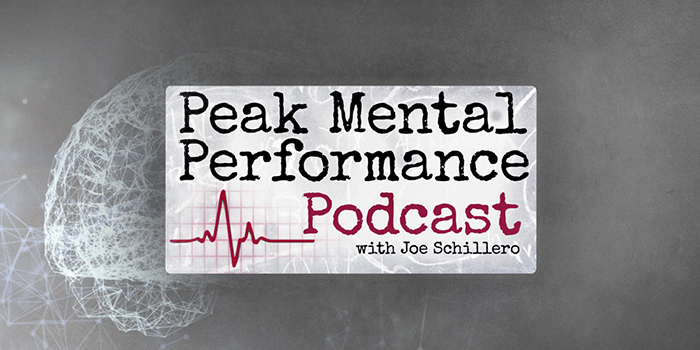
The past several years have been an interesting journey for me. Those who have read some of my articles in the past know that for years I’ve struggled with severe anxiety and some depression, and navigating training with those things has been interesting, to say the least. But in working through those things, I started to learn more about mental health than I ever would have imagined, and the link between psychology and athletic performance has become increasingly clear to me. After years of spinning my wheels, I not only have been able to improve my mental health but now am seeing my training and competition performance improve as well. In seeing how many other lifters and athletes deal with the same things, I wrote an article series called “Mental Health and the Strength Athlete” and got a lot of great feedback on how helpful the information was. I learned a lot myself in the process, as well.
As I interviewed more professionals in the fields of sports psychology and mental health and compiled more resources on the subjects, I realized that I had access to a ton of awesome people, and could use my platform to spread the really great information and conversations I was having. I’ve been a big fan of podcasts, and when I searched for ones on sports psychology, I saw that there really wasn’t much out there. With that, I decided to start the Peak Mental Performance Podcast.
RELATED: Mental Health and the Strength Athlete: Strength Beyond the Barbell
The goal of the podcast is to spread practical, quality information that can help all listeners improve their mental health and athletic performance, and to help everyone understand the link between the two. Throughout each week’s episodes, I’ll be talking to a diverse group of guests, from specialty doctors and sports psychologists to NFL coaches and world record holding powerlifters, discussing the impact of mental strategies on performance.
This first episode is with Dr. Steve Graef, Licensed Counseling and Sport Psychologist for Athletics at The Ohio State University, and player for the 2002 National Championship football team. I wanted to start the series off with Steve because not only is he great at explaining things, but he also brings a blend of educational background (PhD in Counseling and Sport Psychology) and practical athletic experience (former Division I athlete with a national championship ring). We had a great interview, and hit on multiple topics, including:
- (1:31) Why I started the podcast
- (2:09) What is sports psychology?
- (5:21) Interconnectedness of mental health and performance
- (6:35) Common misconceptions athletes have about psychology
- (8:53) Differences in different counselors
- (12:14) How to manage anxiety before big competitions
- (18:39) How to manage depression during down times (injury, post-meet, etc.)
- (25:58) How you can ensure your experience with a sports psychologist or counselor is the best possible.
- (29:22) What is something that every athlete can start doing today to improve their mental health and performance?
Video episodes (such as this), will be available for each episode, as well as audio of the episodes on iTunes and on my website, www.peakmentalperformance.org.
Keep an eye out for future episodes (the plan is to do one per week, and there are two currently recorded that will be published here soon). I’m excited and think this will be a great project. Hopefully, this information will help everyone as much as it has helped me.
About Guest Dr. Steve Graef
Dr. Graef has his Ph.D. in Counseling and Sport Psychology from The University of Akron and is currently Sports Psychologist for Athletics at The Ohio State University. He also has a private online counseling and sports psychology business that can be found at Mindurance.










